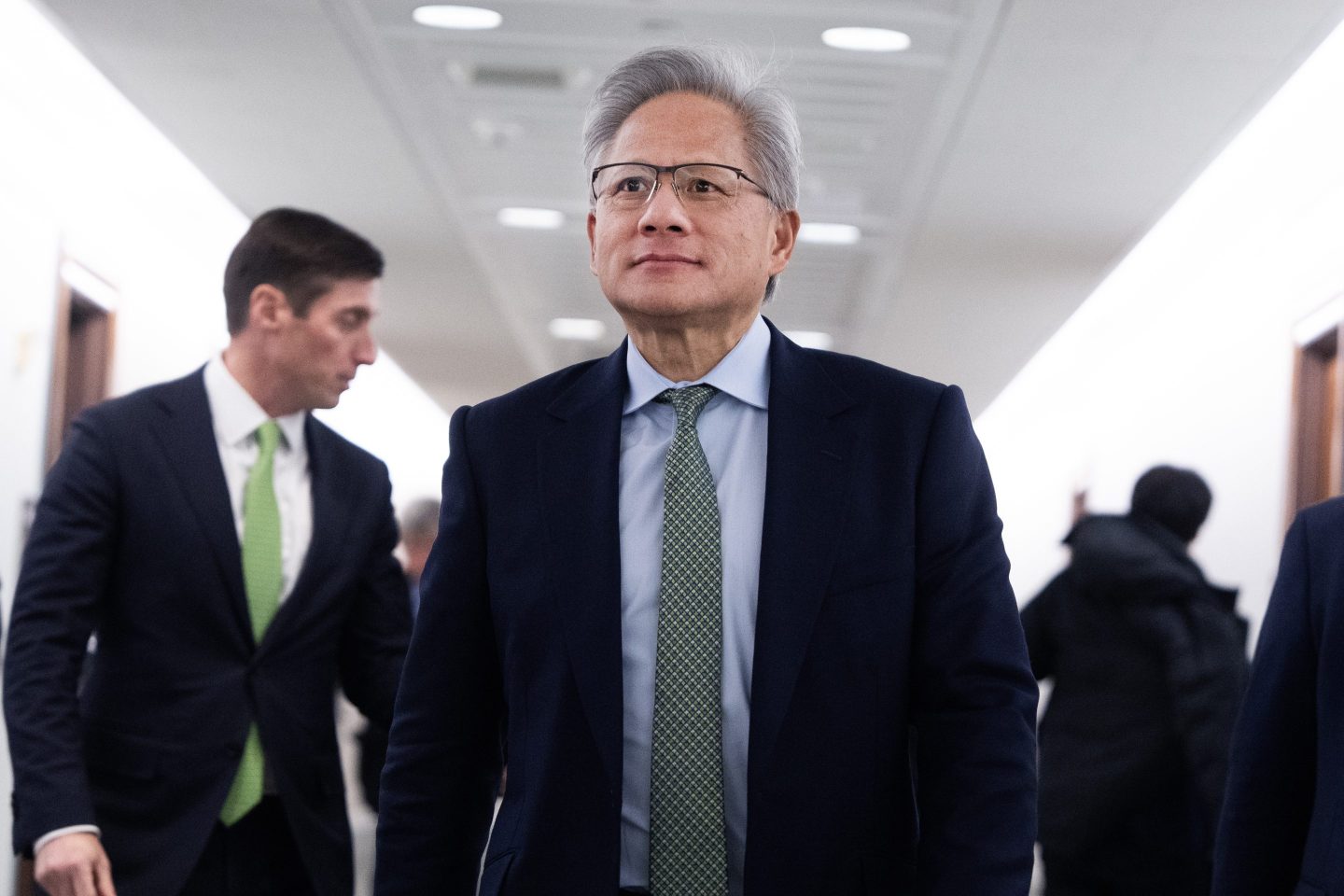“Every major change we’ve seen in our society, those changes have been led by startups,” says David Miller, managing partner at Clean Energy Ventures, while we’re discussing the role of venture capital in tackling climate change.
The clearest route to averting the worst impacts of climate change is to dramatically reduce our use of fossil fuels, but doing so will require innovators to develop new or nascent technologies to help wean us off our carbon addiction. Meanwhile, with a certain amount of global warming already locked in, other entrepreneurs will have to create solutions to help humanity adapt to the world’s growing climate catastrophes.
That’s where VCs come in, providing capital to get those ideas off the ground. But betting on startups offering solutions to life-altering problems is a big act of faith, especially when many of those solutions are, as yet, unproven.
“Any investor that invests in pre-revenue companies has to have a belief about the future, right?” Miller says. “So we join every other early-stage investor in the world in believing that a company that doesn’t yet have revenues has the potential for revenues in the future.”
To inform the level of trust they’re putting in their portfolio companies, CEV—like all VC funds—relies on a hefty amount of due diligence. CEV requires startups to demonstrate their climate solutions are capable of mitigating 2.5 gigatonnes of CO2 emissions by 2050 before the fund will invest.
To do that, the startup first has to prove the emission reduction potential of a single unit of its product—say, a direct-air carbon capture pump— and then CEV will interview the company’s potential customers to understand the product’s market potential. Lastly, CEV needs to be convinced the leadership at the startup can drive its team to hit the sales goals needed to meet that emission reduction threshold.
“More than anything else as early-stage investors, we invest in people,” Miller says. “Our first and foremost investment criteria is, are we investing in the people who can make this happen?”
As the climate tech sector matures, finding the right people becomes a little easier. Cassie Bowe, partner at Energy Impact Partners, says the industry has a growing number of “repeat founders”—or entrepreneurs who have already launched and sold one successful business in the field.
But, Bowe agrees, the fund still needs to spend time observing a startup’s team to see how successfully leadership and staff function.
“An important question for us, based on our time that was spent with the team, is do we trust them? Do we trust in their expertise, in their general competence, and that they’re gonna have the ability to kind of roll with the punches and adjust in the way that they’re going to need to scale the technology,” Bowe says.
It seems that for all the good a startup can look on paper, there’s no substitute for personal connection when it comes to earning trust.
Eamon Barrett
eamon.barrett@fortune.com
IN OTHER NEWS
Google at it again
The European Commission has hit Google with fresh antitrust charges, alleging the tech giant has exploited its position in the advertising industry to harm its competitors at the expense of its customers. The Commission has launched a formal investigation that, if it confirms Google has breached antitrust rules, could result in Google being told to split up its ad business. Or suffer another multibillion-dollar fine.
The Trust Project
Microsoft has partnered with the Trust Project, a nonprofit group of news outlets seeking to protect integrity in the media, to place credibility checks on online news sources. Microsoft is using paid ad space to place links to the Trust Project’s “8 Trust Indicators,” which outline the initiative’s key tenets for trustworthy journalism. The ads will appear if users are browsing sites using Microsoft products and systems.
Sharing standards
“If we want to create technology that we can trust, then we need to act together on shared standards,” says Nokia CEO Pekka Lundmark in a Fortune op-ed, getting in early on warning of potential pitfalls as connectivity evolves from 5G to 6G. “Collaboration on standards helps ensure that important topics such as energy efficiency, sustainability, inclusion, human rights, and safety and privacy regulations” are embedded in new tech at the design stage, Lundmark says.
Good A.I.
Training good A.I. is a lot like raising good children, say a trio of A.I. researchers in a Fortune op-ed outlining what they believe are key tenets for effective A.I. (and child) development. However, two tenets seem at odds with each other: let A.I. out of the box early so that it can learn from mistakes in the real world and make sure the fledgling A.I. is safe.
TRUST EXERCISE
“Sometimes layoffs are inevitable. And whether they come in one fell swoop or in multiple phases, there are ways to restore faith in your organization and empower the people who are staying on.”
So says Jennifer Dulski, CEO of Rising Team, a SaaS platform for team building. In this Fortune op-ed, Dulski lists seven ways companies can regain the trust of remaining employees after a round of layoffs, including being transparent about the process and investing in employee development.
Learn how to navigate and strengthen trust in your business with The Trust Factor, a weekly newsletter examining what leaders need to succeed. Sign up here.












